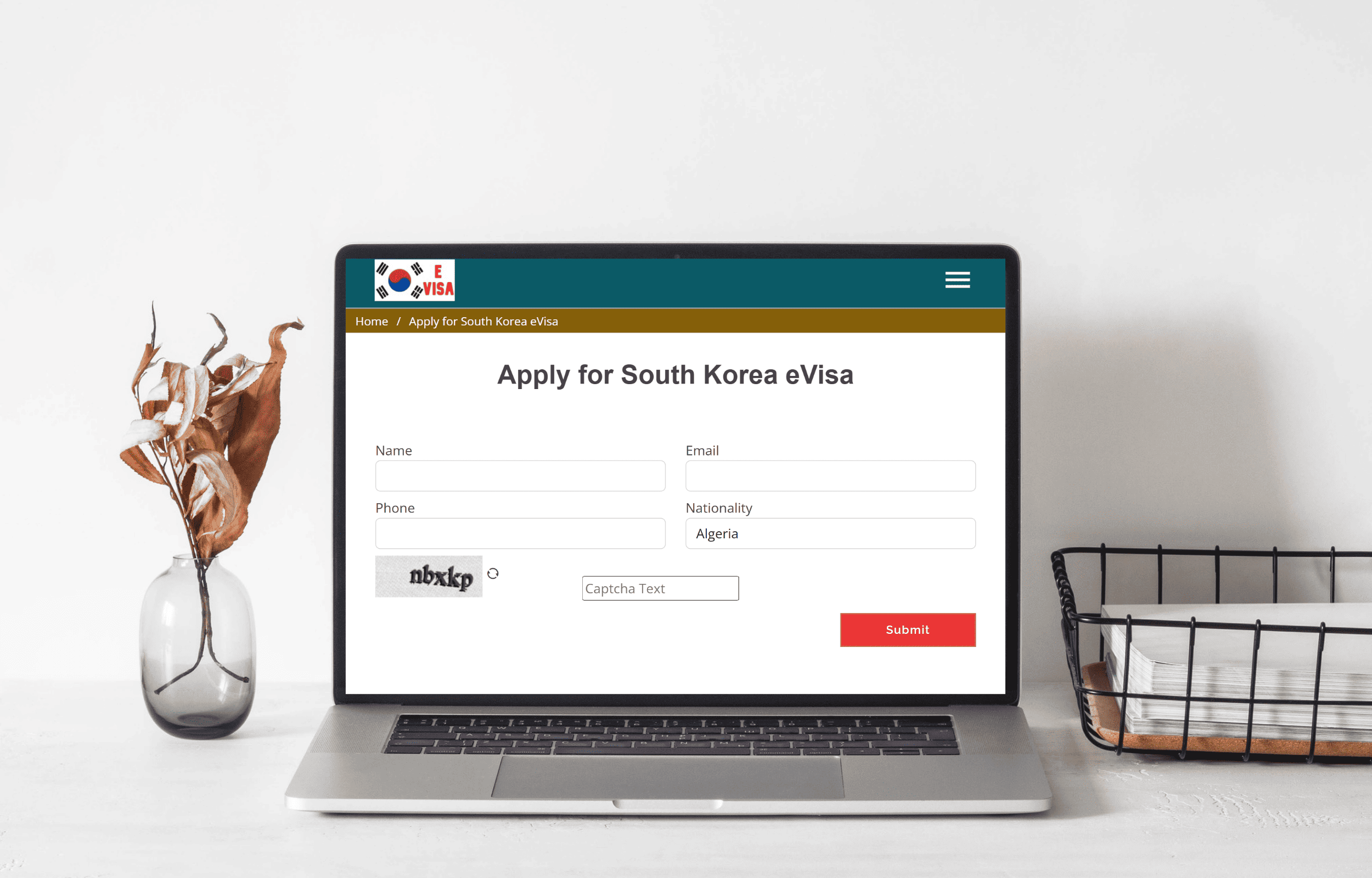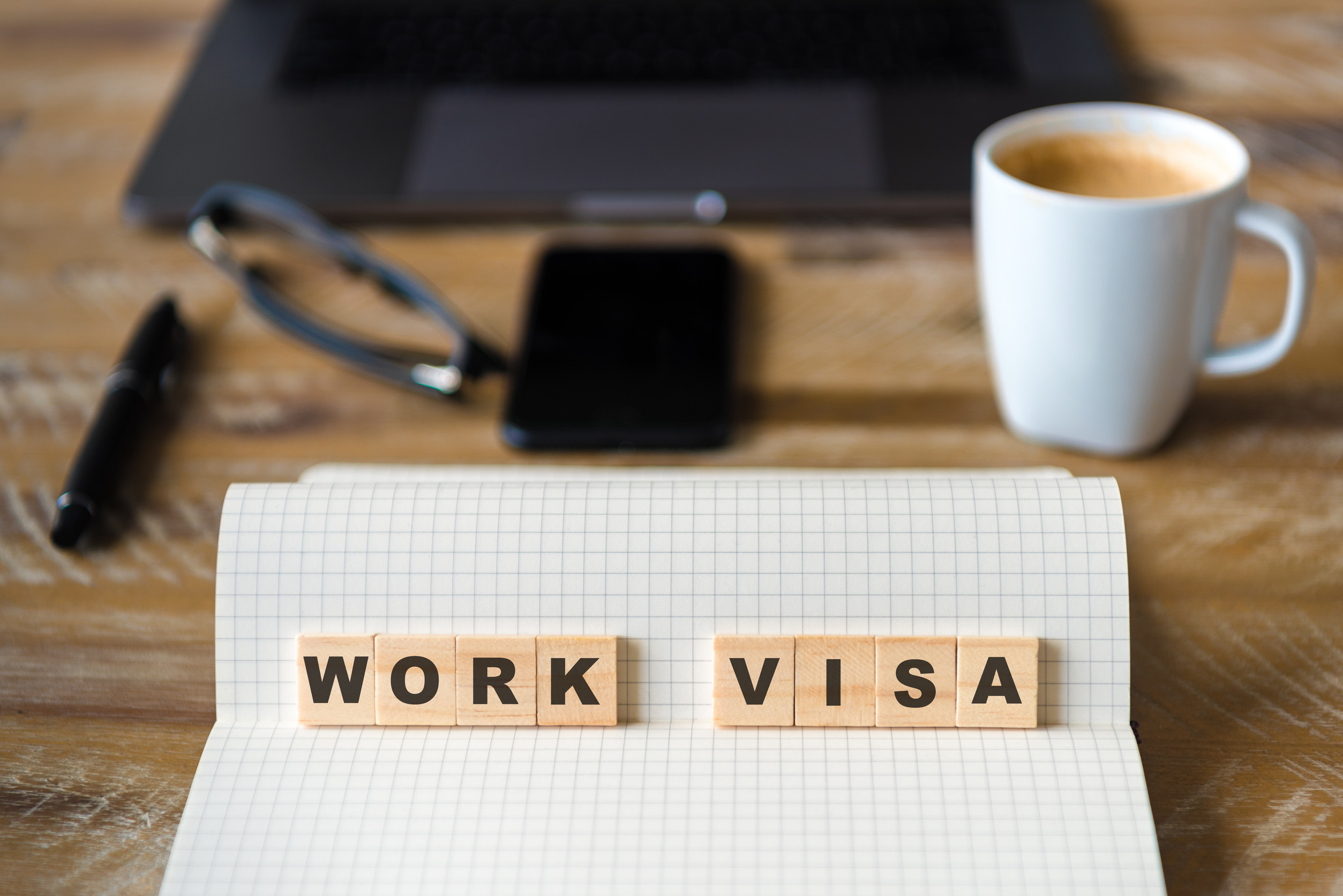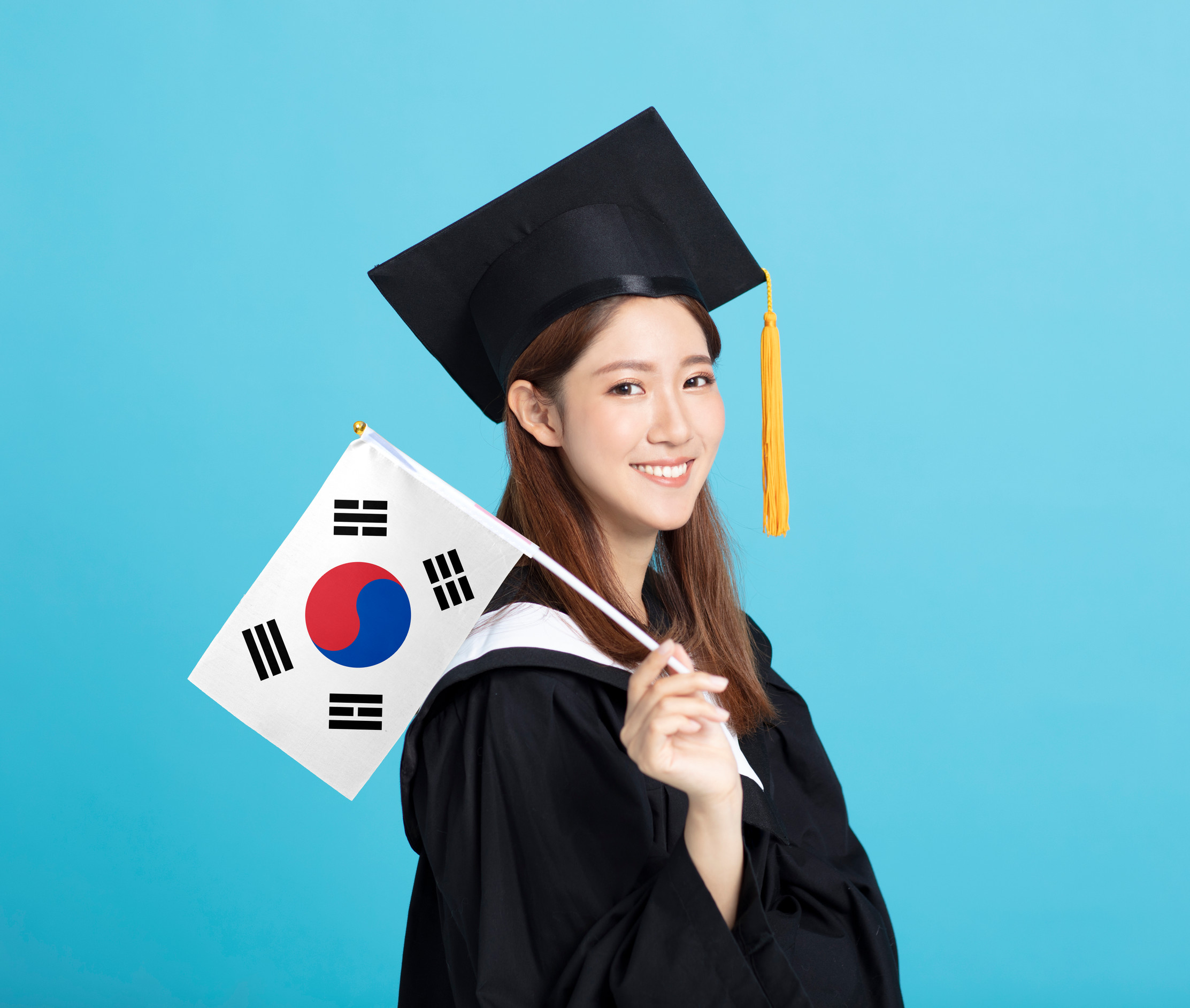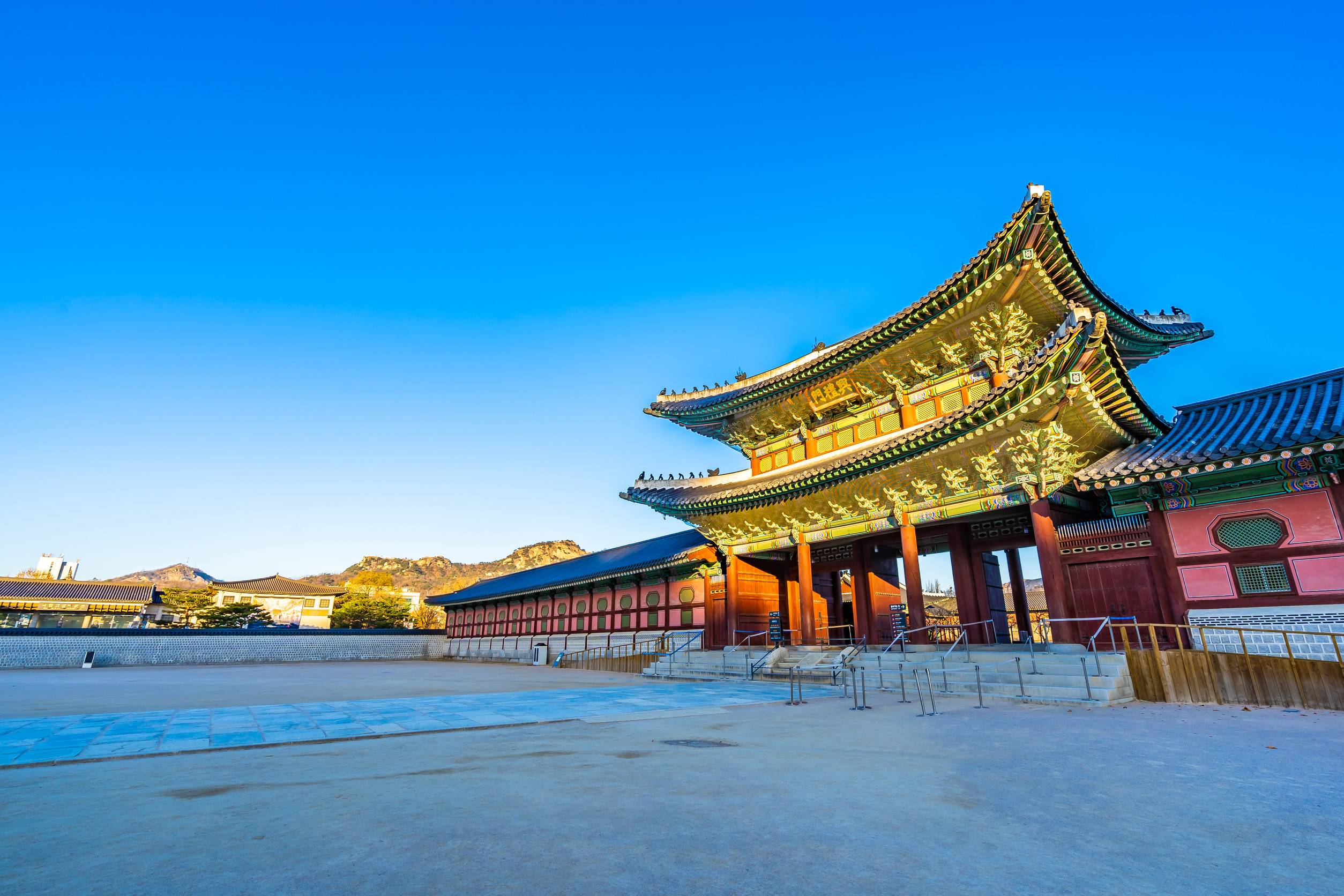Here is a detailed breakdown of the different types of eTA South Korea offers, categorized by purpose:
Required Documents for South Korea eTA Applications
Applying for a South Korea eTA involves submitting a set of essential documents tailored to the purpose of your visit. Below is a concise guide to the key documents typically required.
General Requirements for All eTA Type
- Completed eTA Application Form
- Valid Passport (minimum 6 months validity, with at least one blank page)
- Passport-Size Photographs (recent, 3.5 x 4.5 cm)
- eTA Fee (varies by eTA type and entry frequency)
- Proof of Financial Stability (bank statements, pay slips, etc.)
- Travel Itinerary (flight reservations and travel plans)
- Proof of Accommodation (hotel bookings or invitation letters)
- Proof of Ties to Home Country (employment, property, or family ties documents)
General South Korea eTA Application Process

Applying for a South Korean eTA involves several steps that vary depending on the type of eTA and the applicant’s country of residence. Below is a general outline of the process:
Choose the Right eTA Type
Identify the correct eTA based on your purpose, such as tourism, business, work, or study. Check the South Korean embassy website for specific requirements.
Prepare Required Documents
Commonly needed documents include a valid passport, application form, photos, proof of funds, travel itinerary, and supporting documents like an invitation letter if applicable.
Submit Your Application
Apply at the South Korean embassy, consulate, or a designated eTA center. Some applicants may qualify for an online eTA.
Pay Fees & Attend an Interview (If Required)
eTA fees vary by type. Some applicants may need to attend an interview to discuss their travel plans.
Track & Collect Your eTA
Monitor your application status online or through the embassy. Once approved, check for any errors before traveling.
South Korea Tourist/Visitor eTAs

Tourism is one of the major reasons for visiting South Korea. The country’s stunning landscapes, historical landmarks, and modern cities attract millions of visitors annually. For short-term stays, the following eTAs are available:
C-3 (Short-Term Visit eTA)
The C-3 eTA is specifically designed for visitors planning a short-term stay in South Korea for various purposes, including tourism, visiting family, attending business meetings, or medical treatments. This eTA is generally valid for up to 90 days and is categorized into several subtypes based on the purpose of the visit.
Subcategories of the C-3 eTA
|
C-3 eTA Type |
Description |
|
C-3-1: General Tourism and Sightseeing |
|
|
C-3-9: Multiple-Entry eTA |
|
|
C-3-4: Medical Tourism eTA |
|
South Korea Work eTAs

South Korea’s thriving economy and demand for skilled professionals have led to the creation of various work eTA categories. These eTAs cater to individuals looking to take up employment or professional roles in the country.
E-Series eTAs:
|
E-1 (Professor eTA) For academic professionals teaching or researching at higher education institutions. |
|
E-2 (Foreign Language Instructor eTA) For teaching foreign languages, primarily English, in schools or private academies. |
|
E-3 (Research eTA) questionsFor researchers specializing in advanced technology or natural sciences. |
|
E-4 (Technology Transfer eTA) For professionals involved in transferring or implementing new technologies. |
|
E-5 (Specialty Occupation eTA) For specialized professionals such as doctors, lawyers, and accountants. |
|
E-6 (Arts and Entertainment eTA) questionsFor individuals working as performers, artists, or models. |
|
E-7 (Specially Designated Activities eTA) questionsFor professionals in designated fields like IT, engineering, or skilled trades. |
H-2 (Working Holiday eTA)
|
Issued to nationals from specific countries under reciprocal agreements. Allows short-term employment for up to one year while exploring South Korea. |
South Korea Student eTAs

South Korea has gained significant popularity as a destination for international students due to its world-class universities, cutting-edge technology, and vibrant culture. The country offers various student eTA options to accommodate individuals pursuing higher education or specialized training. These eTAs are categorized under the D-Series, which includes the D-2 and D-4 eTAs.
D-Series eTAs
- D-2 (Study eTA): For students enrolled in undergraduate, graduate, or doctoral programs at recognized South Korean institutions.
- D-4 (Training eTA): For individuals attending language schools, technical training programs, or other non-degree courses.
South Korea Business eTAs
South Korea’s dynamic economy and business-friendly environment attract entrepreneurs and professionals from around the world. Business eTAs are designed to facilitate short- and long-term business activities.
- D-8 (Business Investment eTA): Issued to foreign investors or representatives managing business operations in South Korea.
- D-9 (Trade Management eTA): For individuals involved in international trade or managing foreign company branches in South Korea.
- C-4 (Short-Term Employment eTA): For individuals engaged in short-term business projects or contractual work, valid for up to 90 days.
South Korea Residence and Family eTAs
For individuals planning to reside in South Korea long-term or join family members already in the country, the F-Series eTAs provide structured pathways to establish a home. These eTAs are tailored to meet the needs of various groups, including dependents, overseas Koreans, long-term residents, and foreign spouses of South Korean citizens. Below is an in-depth overview of each F-Series eTA type.
F-Series eTAs
F-2: Long-Term Residency eTA: Designed for individuals with strong ties to South Korea through employment, marriage, or family. It permits long-term stays, employment across industries, and is renewable, often leading to permanent residency.
F-3: Dependent eTA: For spouses and minor children of long-term eTA holders (e.g., E-series or D-series). It allows dependents to stay as long as the primary eTA is valid, with restrictions on employment.
F-4: Overseas Korean eTA: Available to ethnic Koreans with foreign citizenship. It provides broad residency and work rights without requiring sponsorship and helps reconnect individuals with their Korean heritage.
F-5: Permanent Residency eTA: Grants indefinite residency and work rights to those with long-term ties, investments, or family in South Korea. Holders enjoy benefits similar to South Korean citizens.
F-6: Marriage eTA: For foreign spouses of South Korean citizens. It allows long-term residency, work rights, and integration into South Korean society, subject to proof of marriage and basic Korean language skills.
South Korea Special Purpose eTAs
Special purpose eTAs cater to individuals traveling to South Korea for specific reasons that do not align with standard eTA categories. These eTAs ensure flexibility for unique circumstances and provide tailored permissions for various activities.
- H-1 (Working Holiday eTA): A program for young travelers from certain countries to explore South Korea while working part-time to support their stay.
- G-1 (Miscellaneous eTA): Issued for reasons such as medical treatment, legal disputes, or humanitarian cases.
South Korea Diplomatic and Official eTAs
South Korea accommodates diplomats, government officials, and their dependents with dedicated eTA categories for official duties and state functions.
A-Series eTAs
- A-1 (Diplomatic eTA): For diplomats representing their countries in South Korea.
- A-2 (Official Duty eTA): For government officials visiting South Korea on official assignments.
- A-3 (Agreement eTA): For dependents of individuals holding A-1 and A-2 eTAs.
South Korea Religious and Humanitarian eTAs

South Korea offers eTA options tailored to individuals engaged in religious missions or requiring humanitarian assistance. These eTAs allow for specific activities, ensuring appropriate support for clergy, missionaries, and those facing extraordinary circumstances.
- D-6 (Religious Workers eTA): For clergy members, missionaries, and other religious workers.
- F-1-10 (Humanitarian eTA): For individuals granted temporary residence due to humanitarian considerations, such as political asylum seekers.
Tips to Prevent South Korea eTA Rejection
To increase your chances of a successful South Korean eTA application, it's essential to follow the right steps and avoid common mistakes. Here are key tips to help you avoid rejection:
- Submit Complete and Accurate Documents: Ensure all required documents are accurate and complete, with no errors or missing information.
- Provide Proof of Financial Stability: Show sufficient funds for your stay through bank statements, employment records, or scholarships.
- Adhere to eTA Requirements: Apply for the correct eTA type based on the purpose of your visit.
- Avoid Overstaying or Violating Previous eTA Conditions: Follow all eTA conditions and avoid overstaying during past visits.
- Apply Early: Apply well in advance to allow for processing time and avoid last-minute complications.
- Follow Embassy Guidelines: Adhere to the specific guidelines provided by the embassy or consulate.
Frequently Asked questions
A tourist eTA (C-3-1) is for those visiting South Korea for leisure or sightseeing, while a business eTA (C-3-4) is for individuals traveling for work-related purposes such as meetings, conferences, or temporary business activities.
To apply for a D-2 student eTA, you must be accepted into a recognized South Korean educational institution. Required documents include an admission letter, proof of tuition payment, and proof of sufficient funds to cover your living expenses.
Yes, it is possible to extend a C-3 tourist eTA for up to 30 days by applying at the local immigration office in South Korea before the eTA expires. Extensions are typically granted for specific reasons and may require additional documentation.
The F-4 eTA is for ethnic Koreans living abroad who wish to work, study, or live in South Korea. Applicants must prove their Korean heritage and meet other specific eligibility criteria, such as providing family records or proof of citizenship.
eTA processing typically takes between 1-6 Working Days, depending on the eTA type and individual circumstances. Processing times can vary, especially if additional documentation or an interview is required.
Yes, D-2 student eTA holders can work part-time under certain conditions. They are allowed to work up to 20 hours per week during the semester and up to 40 hours during school breaks. Permission must be obtained from the immigration office before starting any work.
Content Disclaimer: Although this information was last updated in July 2025 , we recommend verifying with the appropriate agencies, embassies, and airlines to ensure complete accuracy regarding your travel plans.


To help us improve